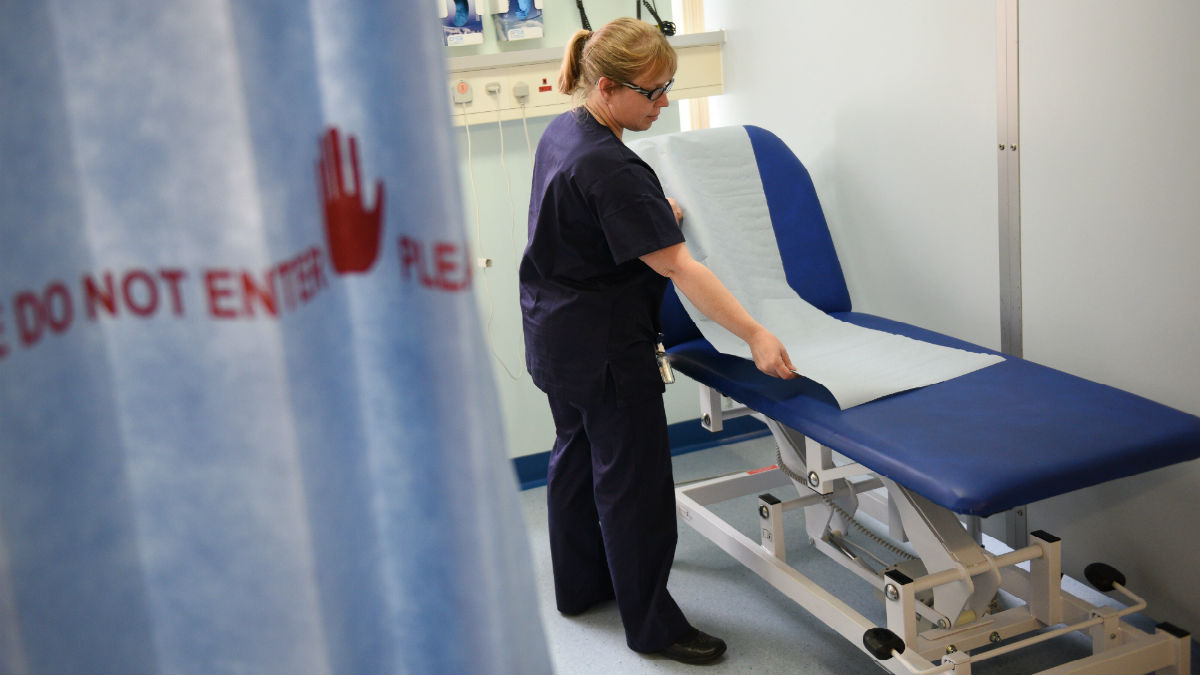Play all audios:
Ovarian cancer is the sixth most common cancer affecting women in the UK, with more than 7,000 women diagnosed with the disease every year, according to Cancer Research UK. This disease
typically affects women over the age of 50 who have gone through menopause, but it can strike younger women. Here’s what you need to know about ovarian cancer and how to spot the symptoms:
SUBSCRIBE TO THE WEEK Escape your echo chamber. Get the facts behind the news, plus analysis from multiple perspectives. SUBSCRIBE & SAVE SIGN UP FOR THE WEEK'S FREE NEWSLETTERS
From our morning news briefing to a weekly Good News Newsletter, get the best of The Week delivered directly to your inbox. From our morning news briefing to a weekly Good News Newsletter,
get the best of The Week delivered directly to your inbox. WHAT ARE THE CAUSES OF OVARIAN CANCER? Ovarian cancer happens when abnormal cells in the ovary start to uncontrollably grow and do
not die, creating a tumor. If the tumor is malignant then it is cancerous and may grow, spreading to other parts of the body. There are three types of ovarian cancer: epithelial, germ cell
and sex-cord stromal. About 90% of ovarian cancer tumours are epithelial, meaning they originate in the thin tissue surrounding the ovary. Like many cancers, ovarian cancer has a genetic
component, and has been linked to women whose family have a history of ovarian or breast cancer. Other potential risk factors include having endometriosis or being overweight. WHAT ARE THE
SYMPTOMS? Ovarian cancer has four main symptoms: persistent stomach pain, persistent bloating, feeling full more quickly and needing to pee more often than normal. These can frequently be
the symptoms of other, less serious, conditions, such as irritable bowel syndrome or ovarian cysts, but if your symptoms are persistent, severe or frequent schedule an appointment with your
GP. It's unlikely you have cancer, but it's best to be safe. HOW IS IT TREATED? Ovarian cancer treatment typically depends on how far the cancer has spread, as well as your general
health. One form of treatment is surgically removing the cancer which will often include removing both ovaries, the womb and the fallopian tubes. The other form of treatment is
chemotherapy, which is usually used after surgery to kill any remaining cancer cells. On average, 50% of women diagnosed with ovarian cancer will live for at least five years and about one
in three will live at least 10 years, according to the NHS. Explore More Cancer In Brief

